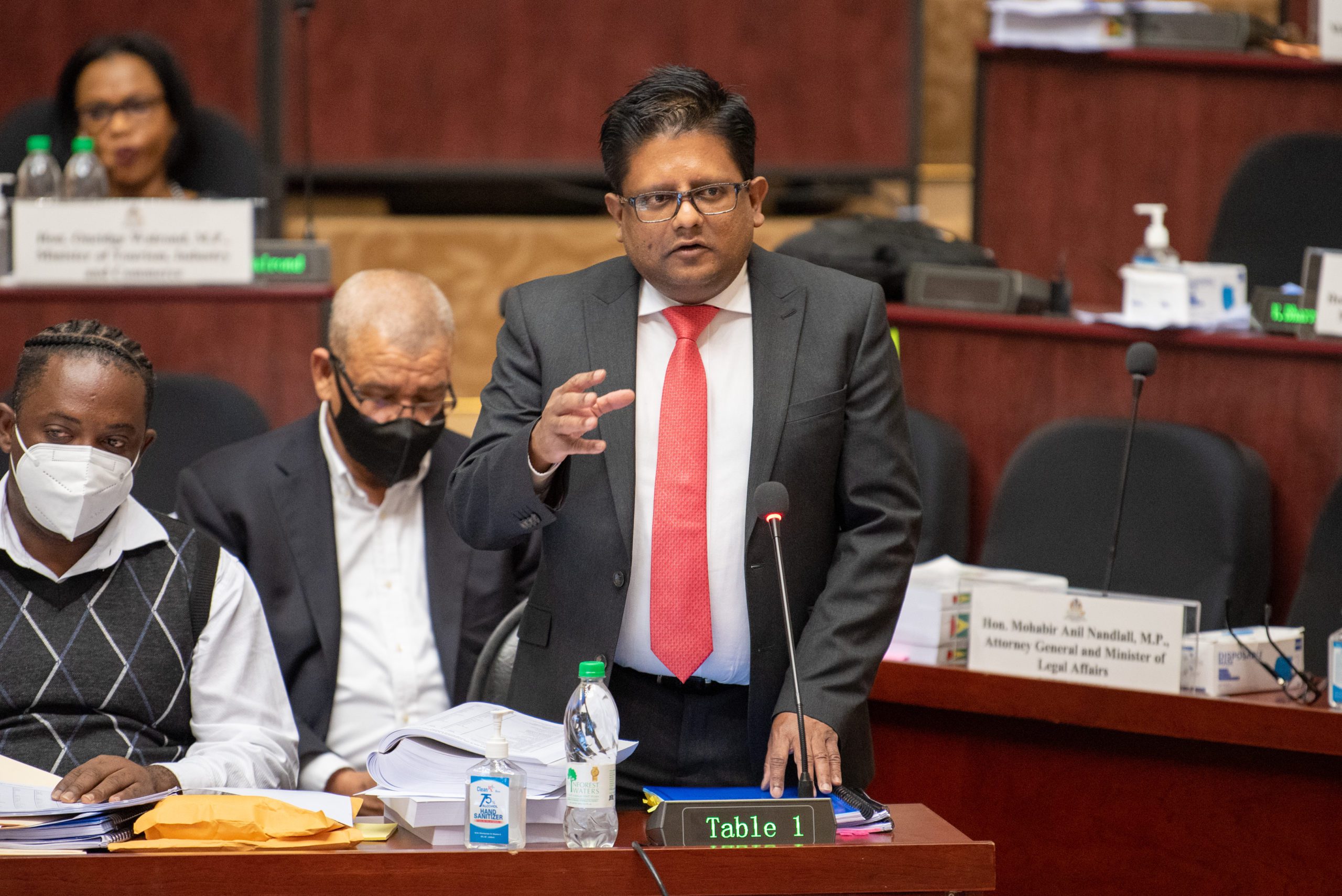Guyana’s Finance Minister, Dr. Ashni Singh, said the government received nine proposals from parties interested in building a refinery in the country’s Berbice region. Out of these, five were shortlisted and are currently under evaluation. The final ranking of these proposals is expected to be completed in the first quarter of 2024, Singh said during a 2024 budget presentation in Parliament.
The top-ranked contender will be expected to conduct an environmental and social impact assessment at Crab Island, where the refinery would be placed. The proposed facility is expected to process at least 30,000 barrels of crude per day. Furthermore, Dr. Singh noted that the investment commitment from the shortlisted firms is expected to exceed US$1 billion.
A request for proposals issued in 2023 specified that the refinery should be constructed at the mouth of the Berbice River on Crab Island and is expected to be completed in two years. The refinery will be owned and operated by the private sector, with the government not taking any investment interest or ownership role. In support of this project, the government will provide the selected firm with 30 acres of land, a 10-year tax holiday, a supply of feedstock from Guyana’s share of profit oil at market prices, and access to the domestic market for the sale of refined products if desired.
Refinery or strategic reserves? Guyana explores options for fuel security | OilNOW
The construction of this refinery is part of Guyana’s strategy to ensure energy security. This initiative gained momentum after Russia’s war in Ukraine, which led to a surge in oil prices and consequently increased commodity prices, affecting Guyanese communities. The government recognized the need to insulate local communities from the impacts of global oil market volatility. The rationale is that refining its own crude to meet energy needs would protect Guyana from the need to import high-cost refined products during difficult times.
The Gas-to-Energy project, currently in development, is expected to provide a similar insulation from volatile commodity prices. Russia’s war had also caused an increase in the electricity budget of Guyana Power & Light (GPL), which faced higher costs for importing heavy fuel oil for electricity generation. The government absorbed these additional costs to prevent them from being passed down to consumers through higher electricity rates. With the Gas-to-Energy project using Guyana’s own gas, the government aims to protect itself from the volatility of global oil markets.



